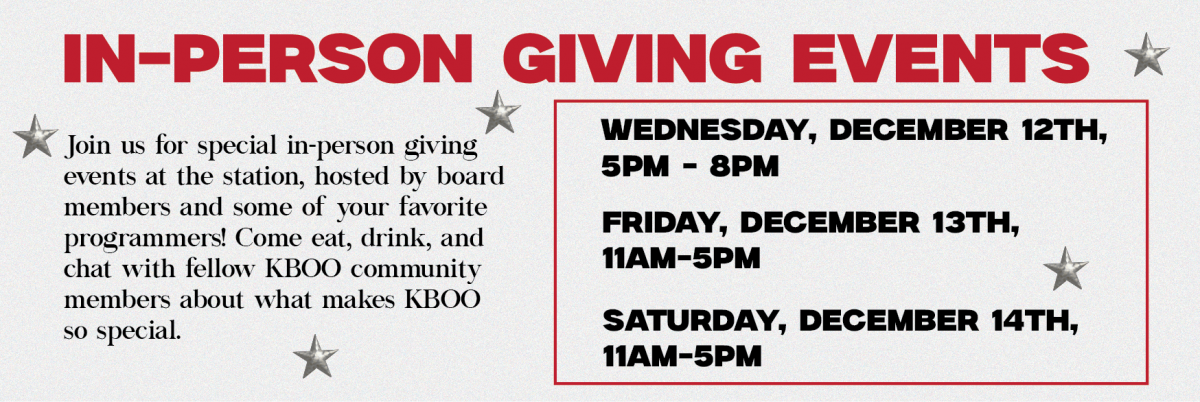
It's hard to be poor. People who are not poor often fail to understand this, and the attempts of social scientists to explain things are often less illuminating than the narratives of the poor or formerly poor.
Recently, a number of sites have reposted a blog entry from Linda Tirado, in which she tries to explain
Rest is a luxury for the rich. I get up at 6AM, go to school . . . then work, then I get the kids, then I pick up my husband, then I have half an hour to change and go to Job 2. I get home from that at around 1230AM, then I have the rest of my classes and work to tend to. I'm in bed by 3. . . .
I will never not be poor, so what does it matter if I don't pay a thing and a half this week instead of just one thing? It's not like the sacrifice will result in improved circumstances; the thing holding me back isn't that I blow five bucks at Wendy's. . . . It is not worth it to me to live a bleak life devoid of small pleasures so that one day I can make a single large purchase. . . .
In contrast, consider a study published earlier this year in the journal Science, and titled "Poverty Impedes Cognitive Function." According to the abstract:
The poor often behave in less capable ways, which can further perpetuate poverty.
Wait. Let's just stop right there for a moment. Let's be clear, poor people are not the ones perpetuating poverty. Capitalism generates profit for capitalists by expropriating the surplus value generated by workers. Widespread unemployment and underemployment helps scare workers into accepting low wages and poor working conditions.
The Walton family makes money even if they sleep all day. Where does it come from? It comes from those workers who are not sleeping much, those Wal-Mart Associates who would have to work for 20 years to make what the Waltons make rolling over in bed for an hour. The workers soliciting canned food donations because their wages wouldn't cover Thanksgiving dinner.
Ok, back to that abstract about how poverty impedes cognitive function:
Among the solutions this analysis leads to proposing? Automate decisions, for instance by making 401K savings plans opt-out instead of opt-in. Seriously. They think people who have too much month at the end of the money just need a little push to save more.
This study is being touted as liberal because instead of saying that bad choices lead to poverty, it says that poverty can lead to bad choices. But the assumption that these are, indeed, bad choices also tells us something about the distance between liberal and leftist perspectives.
Tressie McMillan-Cottom offers another perspective on some of those apparently bad financial decisions that poor people make. She addresses the question,
I remember my mother taking a next door neighbor down to the social service agency. The elderly woman had been denied benefits to care for the granddaughter she was raising. The woman had been denied in the genteel bureaucratic way — lots of waiting, forms, and deadlines she could not quite navigate. I watched my mother put on her best Diana Ross “Mahogany” outfit: a camel colored cape with matching slacks and knee high boots. . . . It took half a day but something about my mother’s performance of respectable black person — her Queen’s English, her Mahogany outfit, her straight bob and pearl earrings — got done what the elderly lady next door had not been able to get done in over a year. I learned, watching my mother, that there was a price we had to pay to signal to gatekeepers that we were worthy of engaging. It meant dressing well and speaking well. It might not work. It likely wouldn't work but on the off chance that it would, you had to try. . . .
I do not know how much my mother spent on her camel colored cape or knee-high boots but I know that whatever she paid it returned in hard-to-measure dividends. How do you put a price on the double-take of a clerk at the welfare office who decides you might not be like those other trifling women in the waiting room and provides an extra bit of information about completing a form that you would not have known to ask about? . . .
Why do poor people make stupid, illogical decisions to buy status symbols? For the same reason all but only the most wealthy buy status symbols, I suppose. We want to belong. And, not just for the psychic rewards, but belonging to one group at the right time can mean the difference between unemployment and employment, a good job as opposed to a bad job, housing or a shelter, and so on. . . .
Here's another analysis of poverty. People are poor because they don’t have enough money. Lots of people don't have enough money because their wages are too low.
Despite the obstacles, however, lots of low wage workers are demanding change—the Fight for Fifteen, United for Respect at Wal-Mart, Low Pay is Not Ok, and other workers and activists are calling for livable wages and better working conditions.
So, that should help address the supposed cognitive troubles of the poor.
Now, if we want to address the emotional deficits of the rich, who have been shown to lose the capacity for empathy or compassion as they gain wealth, I think we should be able to reboot their malfunctioning mirror neurons by taking away most of their money. Don't you?




